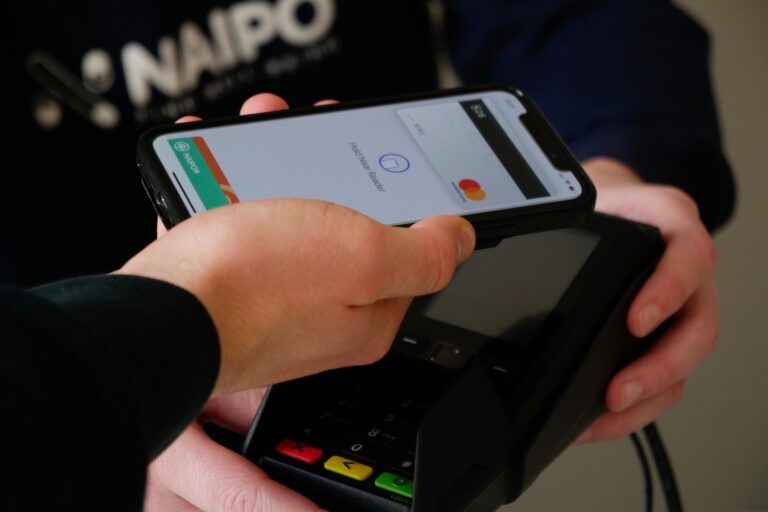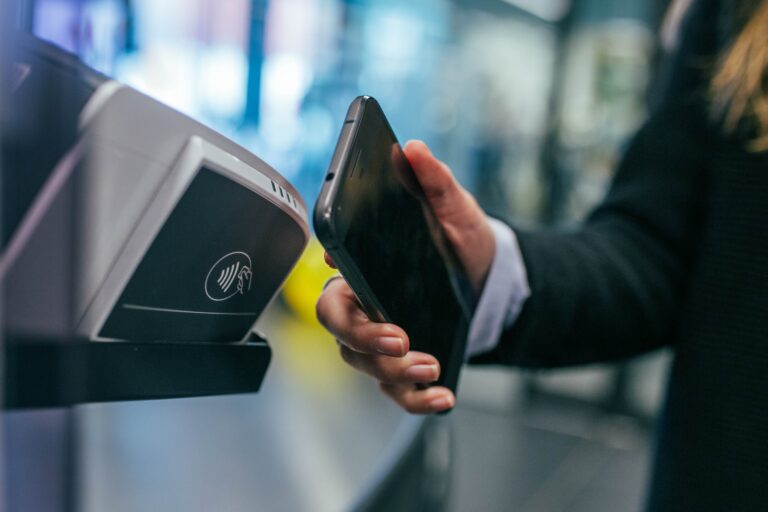A surcharge is an additional fee that hotels may charge guests for using certain services or amenities. For example, hotels may add a surcharge for guests who choose to use the hotel’s parking garage or laundry facitilities.
In some cases, hotels may also add a surcharge for guests who pay with a credit card. This type of surcharge is typically passed on to the credit card holder as a way of offsetting the merchant fee that the hotel must pay. Surcharges are not always well-received by guests, but hotels often argue that they help to offset the cost of providing certain services. Ultimately, whether or not to add a surcharge is up to the individual hotel.
Why do hotels surcharge their guests?
Many hotels surcharge their guests for various services, and this is perfectly normal. If you’re staying at a hotel that charges for internet usage, for example, you may see a line item on your bill for “internet surcharge.” This charge is usually per day, and it helps the hotel offset the costs of providing internet access to guests.
If guests are concerned about being charged extra fees, be sure to have the surcharges on the hotel's policies when a guest creates a booking.
These charges are typically based on the actual cost of the service, plus a small fee to cover the hotel’s administrative costs. In most cases, hotels are upfront about surcharges – they’ll typically list them on their website or in their booking terms and conditions.
Understanding why hotels surcharge their guests can help to make the experience more enjoyable and ensure that you guests are not caught off guard by unexpected fees.
If you’re interested in learning more common payment terminology catering towards hotels and payments, click here to view more.


